Weeks after earning national recognition, an Oregon wildlife biologist breaks another huge story
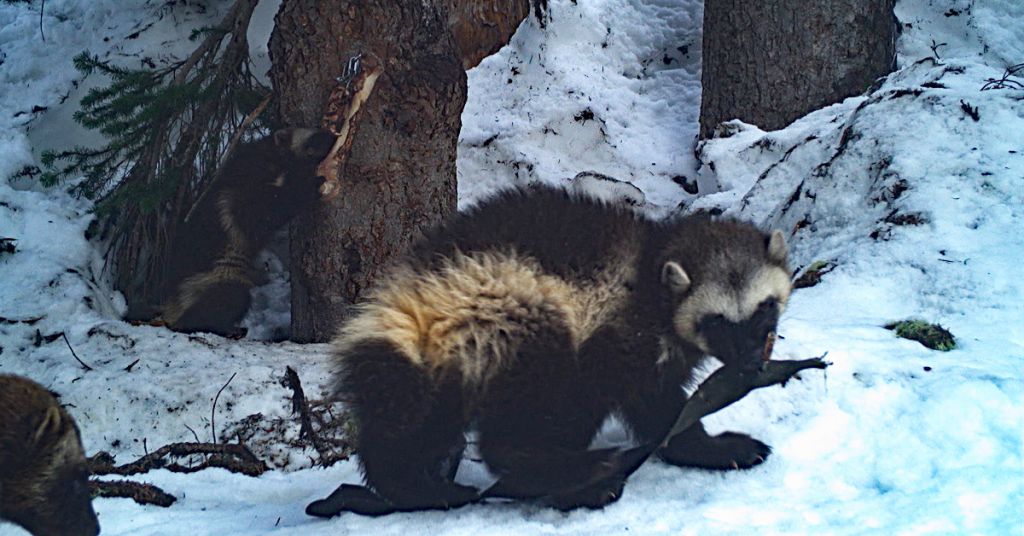
Triple play: Trail cameras captured evidence of a family of three wolverines in Mount Rainier National Park. In its mouth this wolverine holds a hair-snagger belt, used to non-invasively collect hair samples for DNA analysis. Biologist Jocelyn Akins eventually found the belt 50 yards from the photo station. Photo courtesy Cascades Carnivore Project
Columbia Insight, August 24, 2021. Jocelyn Akins has done it again!
Last month, the Washington carnivore biologist earned an Honorable Mention in the Society of Environmental Journalists annual Awards for Reporting on the Environment for her 2020 Columbia Insight story documenting her effort to confirm the first reproductive wolverine den in Washington’s southern Cascade Range in modern times.
MORE: Wolverines break through … finally!
This week, her Cascades Carnivore Project, in partnership with Mount Rainier National Park, have announced confirmation of a second litter of wolverine offspring (called kits) has been born in the park.
According to a press release from CCP and the national park, this is only the third wolverine family documented in Washington’s South Cascades in a century and the second family documented in Mount Rainier National Park.
Researchers retrieved photographs and video from cameras set in a remote area of the park where they believed a female wolverine likely denned in 2020. They discovered this wolverine with her two kits while visiting the area during June 2021.
Watch Jocelyn Akins discuss her groundbreaking wolverine research.
Canadian immigrants
The study is a collaboration between Cascades Carnivore Project, Mount Rainier National Park and the U.S. Forest Service to document the natural re-colonization of wolverines into southern Washington.
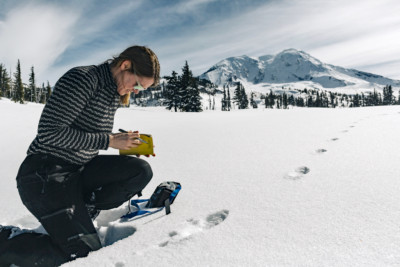
Another score: Jocelyn Akins also looks for other elusive creatures including the Cascade red fox. Photo courtesy Cascade Carnivore Project.
“Wolverines returning to and reproducing in their historical range is huge for wolverine conservation,” said Akins, who founded Cascades Carnivore Project in 2008. “However, there are very few wolverines in Washington. Globally, wolverines face new potential threats from climate change and increased recreation in wilderness areas.
“In Washington, connectivity, particularly across I-90 is key to healthy wolverine populations.”
MORE: Grizzly mom makes Washington history—by showing up
This female wolverine’s DNA, taken from hair samples collected at several wolverine monitoring stations, confirmed she’s part of the recovering wolverine population in Washington and that she did not disperse from a neighboring state.
Wolverines are native to Washington’s Cascade Range but are believed to have been extirpated by the 1920s, most likely due to unregulated trapping, shooting and poisoning associated with predator control efforts.
Individual wolverines moved south out of Canada to recolonize the North Cascades. Surveys by a collaborative group of researchers for more than 20 years have documented wolverines reoccupying their former habitat throughout the Cascades.


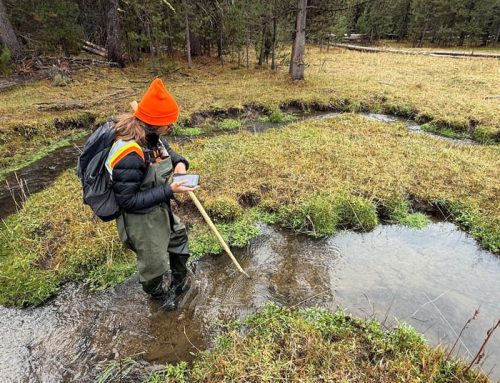
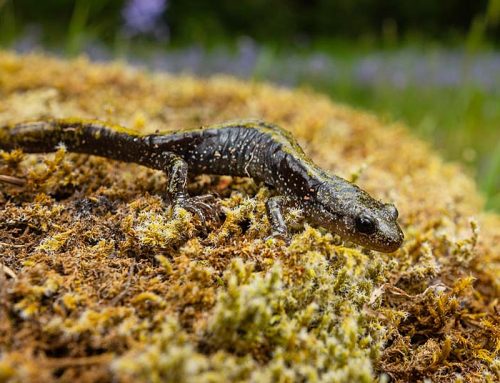

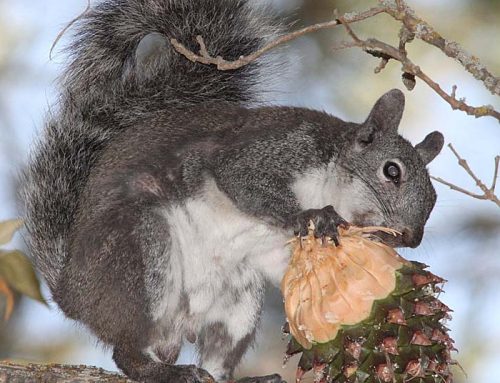

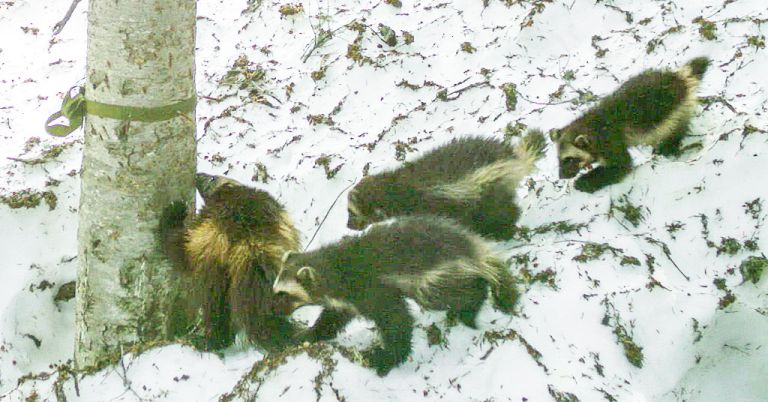
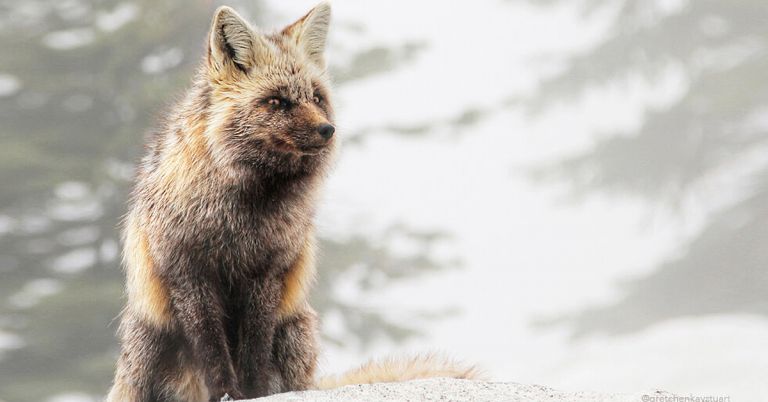



Yaaa, more great news ? on Jocelyn’s work and wolverine comeback.
The question mark was supposed to be a smiley face :)
Fantastic! I saw one on Mt. St. Helens about 15 years ago.